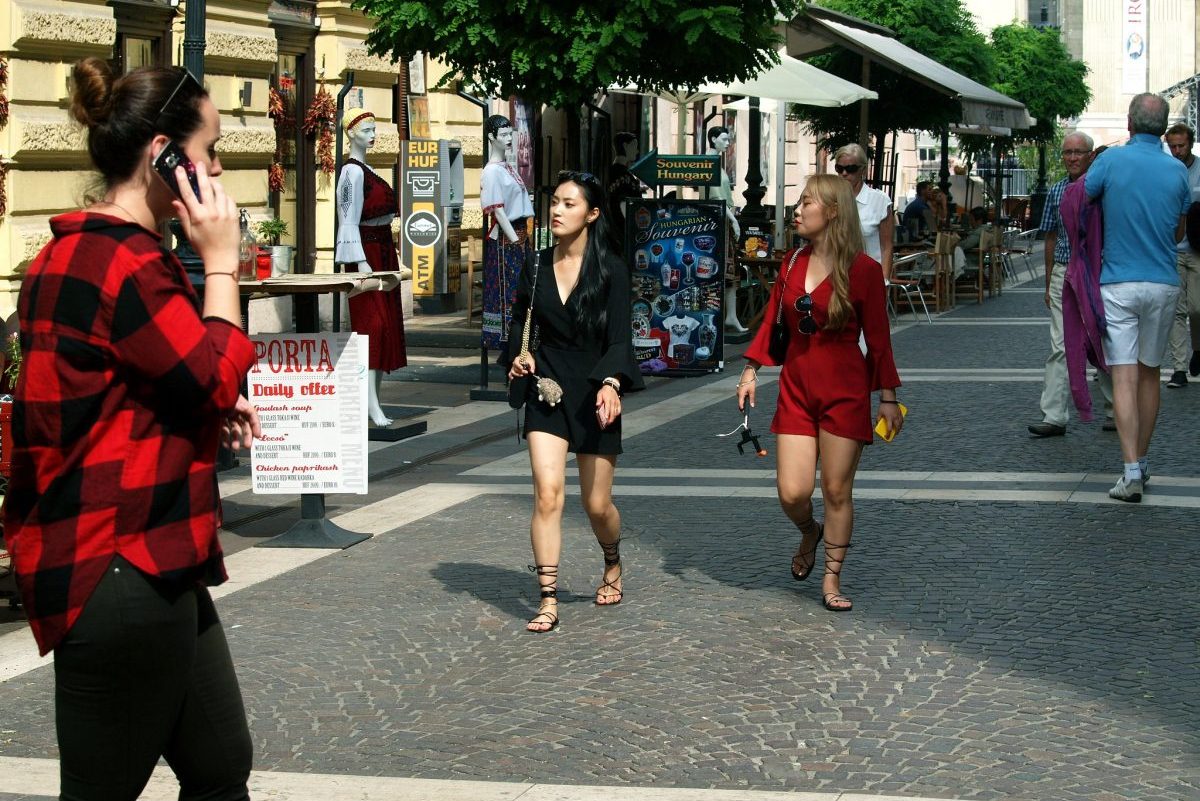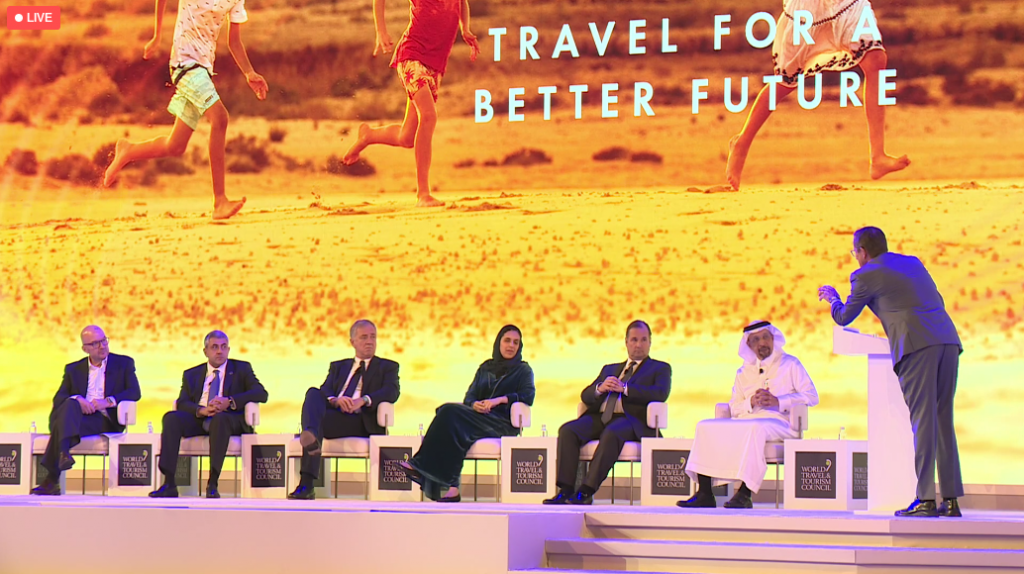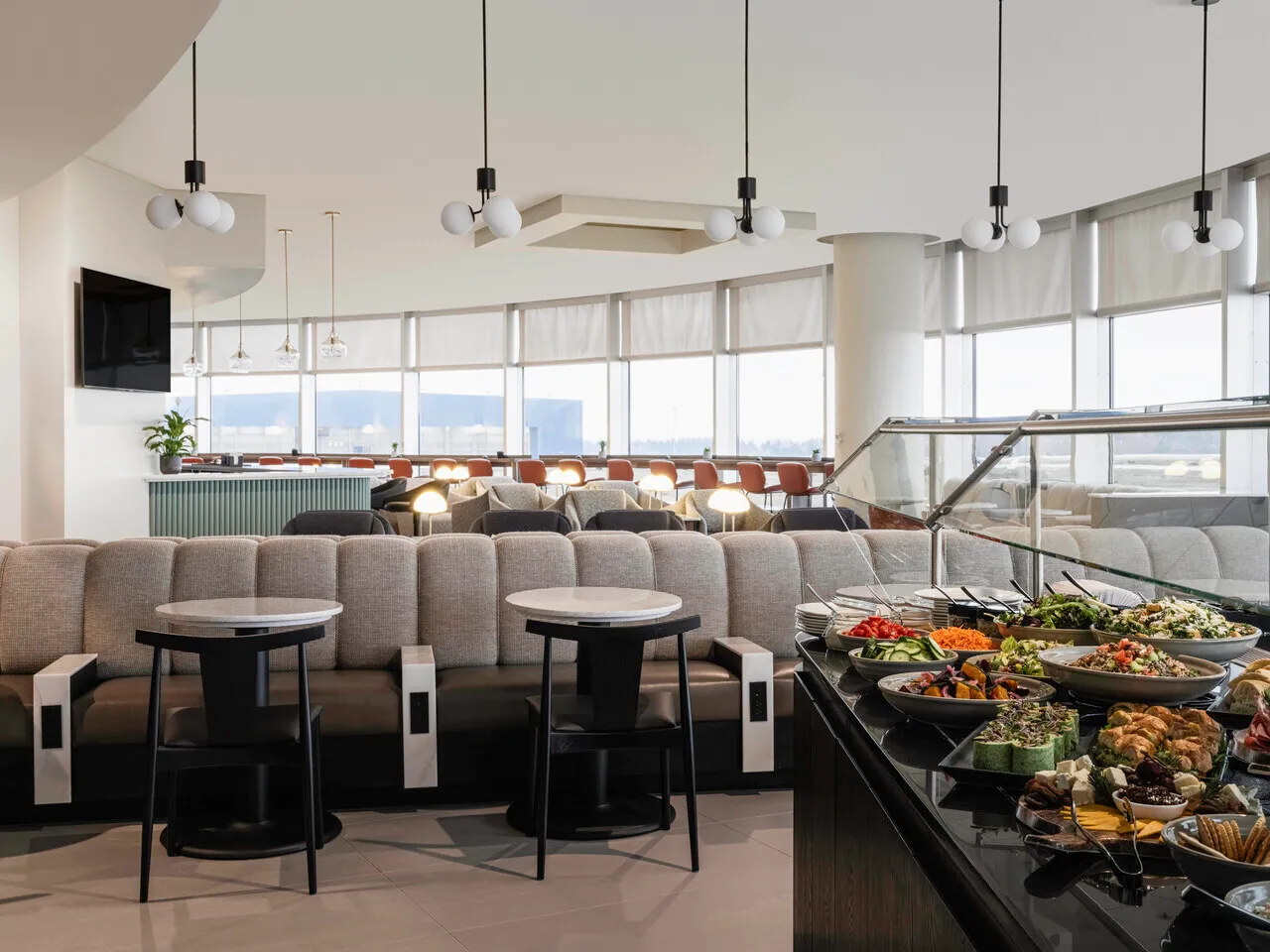Tourism Leaders Bemoan a Flawed Travel Recovery Without Chinese Tourists

Skift Take
There’s still something vital missing from the global tourism economy, and that’s the presence of Chinese tourists.
Across the board, senior speakers at this year’s World Travel and Tourism Council Global Summit, held in Riyadh, Saudi Arabia this week, noted that a recovery wasn’t a recovery without the presence of citizens from the globe’s second largest economy.
Anthony Capuano, CEO of Marriott International, said the speed with which travel recovered had been remarkable, but noted that the recovery was uneven.
“We look at Greater China, the zero Covid policy has continued to dampen recovery in a meaningful way,” he said during the “Travel for a Better Future” session.
China has recorded record numbers of new cases in recent days, has renewed lockdowns in some regions, and has seen domestic protests break out.

“The problem for us will be the Chinese traveler has expanded his or her universe all over the world,” said Greg O’Hara, founder and senior managing director at travel investor Certares. “It affects shopping in Europe, it affects leisure visitors, they certainty travel at different times than a lot of the rest of the world. So having the Chinese back in the thick of things would be great for the rest of the industry.”
Speaking during a later session called "To Recovery and Beyond," Indonesia’s tourism minister said the country had managed to rely on local tourists to offset losses from Chinese visitors.
“Indonesia is on track to create 1.1 million tourism-related jobs, and that’s the strength of domestic tourism, because we still don’t have China back in the picture,” said Sandiaga Uno, Indonesia’s minister of tourism and creative economy.
Areas of Focus
Meanwhile, the panelists were quizzed by the moderator, CNN’s Richard Quest, in which areas they’d direct future investment.
Marriott’s Capuano said he wanted to see a coordinated set of health credentials across borders, in time for the next crisis. "The motivation for that should be clear," he said. "Greece is a great example, simply based on an opaque statement that the borders would be opening, all of us that do business in Greece saw an immediate spike in bookings, and inquiries. That lack of certainty, and lack of clarity, is a huge impediment to driving recovery."
Certares’ O’Hara said the investment trends were easy to find: adventure, wellness and activities.
“You can call them experiences, but the consumer is spending a higher proportion of their discretionary income on activities and experiences than they’ve ever had,” he said. “Where are people taking their discretionary spend? They’re taking it in activities, in wellness. If you’d given me 20 more high-end wellness spas in Europe this summer, I could have filled them all."
He added that people were making decisions based on what they want to do, not where they want to go.
The CEO of French hotel group Accor agreed wellness was a fast emerging trend. Asked by Quest if we were at a new frontier of global tourism, Sebastien Bazin said travelers were now regaining control of their lives.
"You'll have a different appreciation of time," he said during the "To Recovery and Beyond" panel. "People will be going slowly on trains, having a longer lunch, see a museum. There's a better balance."




